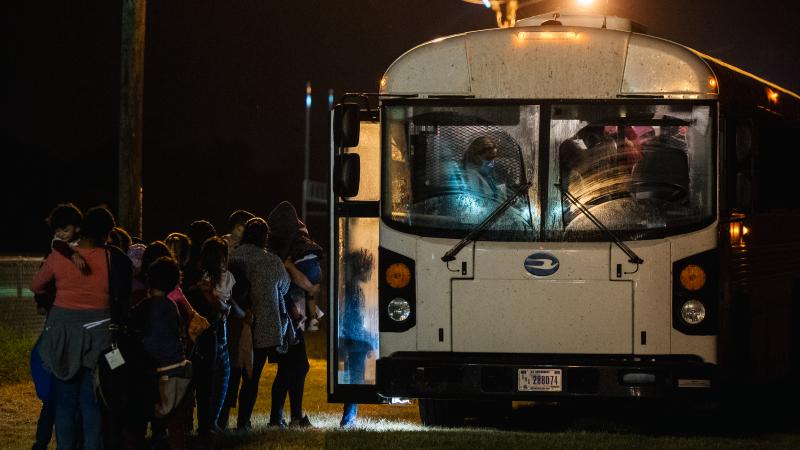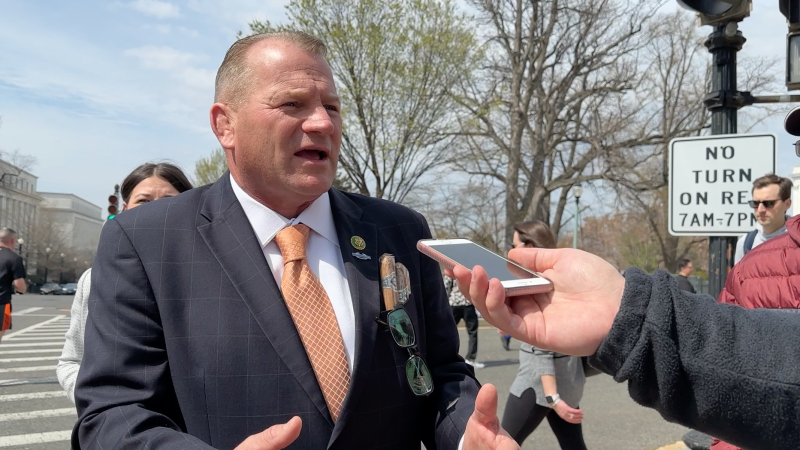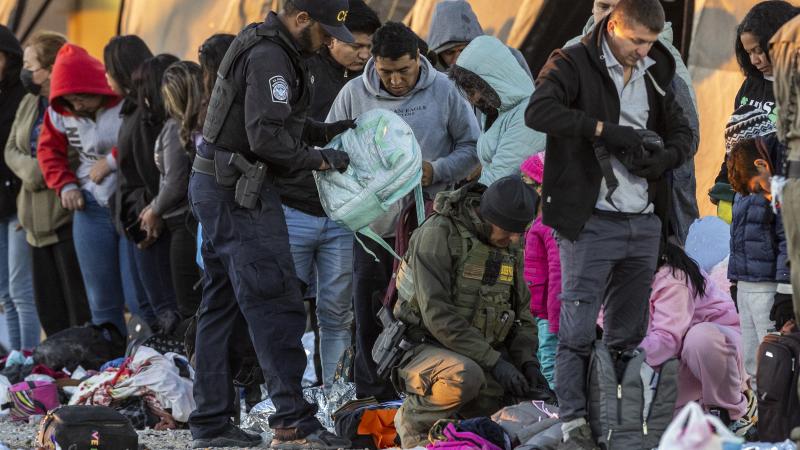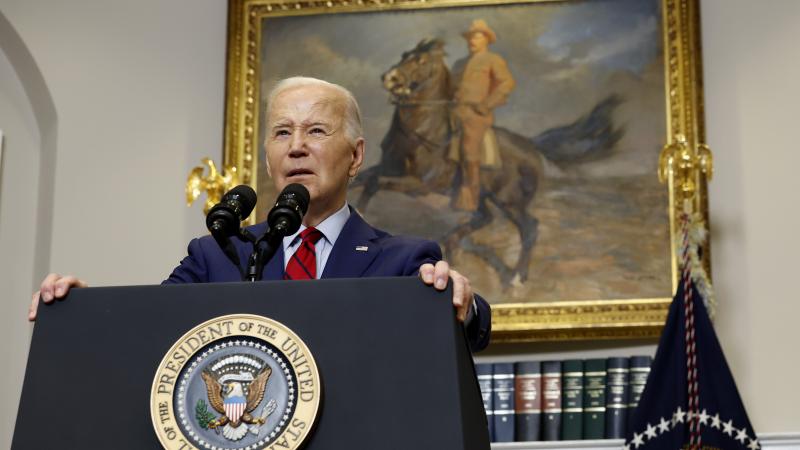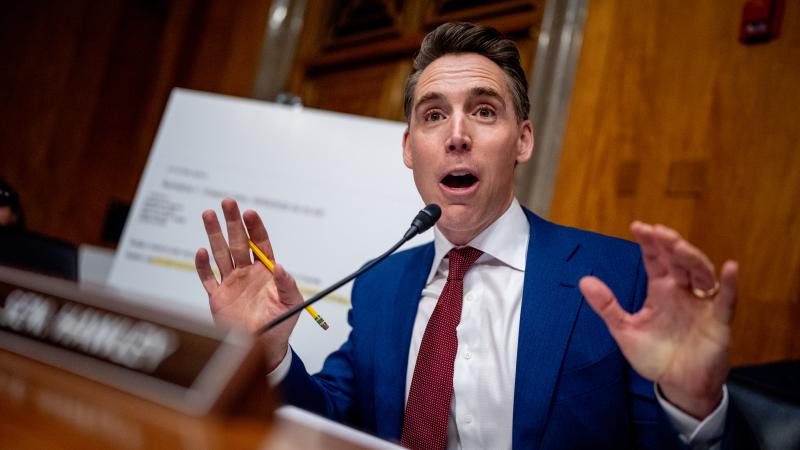Supreme Court hears arguments in case challenging homeless ordinance
The court’s ruling, according to the blog, could impact similar ordinances across the U.S. As state and local governments try to grapple with rapid increases in the number of homeless people, these laws have proliferated.
The Supreme Court heard oral arguments Monday on the constitutionality of a homeless ordinance in Grants Pass, Oregon.
The town forbids people, according to SCOTUSblog, from using blankets, pillows or cardboard boxes as protection from the elements while sleeping within the city limits.
The city argues that the laws only ban people from camping on public property and apply to everyone. But the challengers of the ordinance argue it effectively makes homelessness a crime.
The court’s ruling, according to the blog, could impact similar ordinances across the U.S. As state and local governments try to grapple with rapid increases in the number of homeless people, these laws have proliferated.
Lawyers in the case have pointed to 1962 Supreme Court ruling that declared the Eighth amendment of the United States Constitution prohibited punishing people based on their status, according to Reuters.
Liberal justices on the Supreme Court appeared to lean toward protecting the homeless population, claiming a city cannot punish someone for being homeless.
The more conservative justices on the Court appeared more hesitant to say the ordinances violated the Eighth Amendment, but recommended other possible legal arguments to block enforcement of the ordinance, like using the "necessity" defense, which argues that there was no alternative.
"If a state has a traditional 'necessity' defense, won't that take care of most of the concerns, if not all, and therefore avoid the need for having to constitutionalize [the issue?]" conservative Justice Brett Kavanaugh asked Justice Department lawyer Edwin Kneedler.
Liberal Justice Sonia Sotomayor addressed the argument more broadly by questioning what would happen if every city passed that same ordinance.
"Where do we put them if every city, every village, every town lacks compassion and passes a law identical to this? Where are they supposed to sleep? Are they supposed to kill themselves, not sleeping?" Sotomayor asked Theane Evangelis, who represents Grants Pass.
Evangelis said the question was complicated, to which Sotomayor responded: "What's so complicated about letting someone, somewhere, sleep with a blanket in the outside if they have nowhere to sleep?"
Liberal Justice Elena Kagan said the current ordinance goes beyond addressing public safety, and makes it a crime just to take a blanket and sleep somewhere.
The Supreme Court, which has a 6-3 conservative majority, is expected to make its ruling by the end of June.







